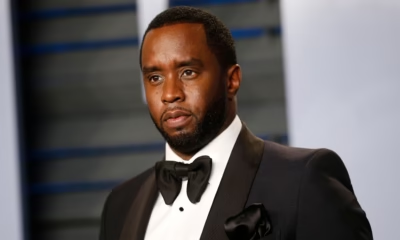Politics
Bill Aims to Strip Convicted Felons of Secret Service Protection
Washington, D.C. – In a significant legislative move, Rep. Bennie G. Thompson (D-MS), Ranking Member of the Committee on Homeland Security, has introduced the *Denying Infinite Security and Government Resources Allocated toward Convicted and Extremely Dishonorable Former Protectees Act* (DISGRACED Former Protectees Act). This bill aims to address a critical gap in current U.S. law regarding Secret Service protection for convicted felons who are sentenced to prison.
Under existing law, the Secret Service is mandated to protect former presidents and other high-level officials, even if they are convicted of a felony. The DISGRACED Former Protectees Act seeks to terminate such protection if the individual is convicted of a felony and sentenced to prison.
Key Provisions of the DISGRACED Former Protectees Act
1. Automatic Termination of Protection: The Act would automatically end Secret Service protection for any former protectee, including former presidents, who are sentenced to prison following a felony conviction. This provision ensures that convicted individuals do not receive special treatment due to their previous status.
2. Responsibility Shift: Once Secret Service protection is terminated, the responsibility for the protection of the convicted individual would shift to prison authorities. This change ensures that the individual is treated like any other inmate, maintaining the integrity of the prison system and the justice process.
3. Legislative Intent: The legislation is designed to ensure that protective status does not result in special treatment for convicted felons. By updating the law, the bill aims to maintain the integrity of the justice system and ensure that all individuals serve their sentences as required, without the complications of Secret Service protection.
Context and Implications
This legislative move comes in the context of former President Donald J. Trump’s recent conviction on 34 felony counts of falsifying business records. The historic conviction has raised questions about the implications of Secret Service protection if he were to be sentenced to prison. Under current law, the Secret Service would be responsible for protecting him within prison premises, a scenario that presents significant logistical and legal challenges.
Rep. Thompson emphasized the necessity of the legislation, stating, “Unfortunately, current law doesn’t anticipate how Secret Service protection would impact the felony prison sentence of a protectee—even a former President. It is regrettable that it has come to this, but this previously unthought-of scenario could become our reality. Therefore, it is necessary for us to be prepared and update the law so the American people can be assured that protective status does not translate into special treatment—and that those who are sentenced to prison will indeed serve the time required of them”.
Political Reactions
The introduction of the DISGRACED Former Protectees Act has sparked a range of political reactions. Governor Tate Reeves (R-MS) criticized the legislation, calling it “truly shameful, outrageous, and a new low for the leftwing in America.” He argued that the bill could leave former President Trump vulnerable to assassination attempts, a claim that has been met with both support and opposition from various political figures.
Despite the controversy, the bill has garnered support from several Democratic co-sponsors, including Reps. Troy A. Carter Sr., Barbara Lee, Frederica Wilson, Yvette D. Clarke, Bonnie Watson Coleman, Jasmine Crockett, Joyce Beatty, and Steve Cohen. They argue that the legislation is necessary to ensure the fair administration of justice and to prevent any individual from receiving preferential treatment due to their former status.
Conclusion
The DISGRACED Former Protectees Act represents a significant step in addressing the complexities of providing Secret Service protection to convicted felons. By terminating such protection upon sentencing, the legislation aims to uphold the principles of justice and equality, ensuring that all individuals, regardless of their past positions, are subject to the same legal standards and treatment.
As the bill moves through the legislative process, it will undoubtedly continue to generate debate and discussion about the balance between security, justice, and the rule of law in the United States.
Stay Connected
Entertainment
Juror 25’s Behavior Sparks Debate Over Fairness in High-Profile Diddy Trial
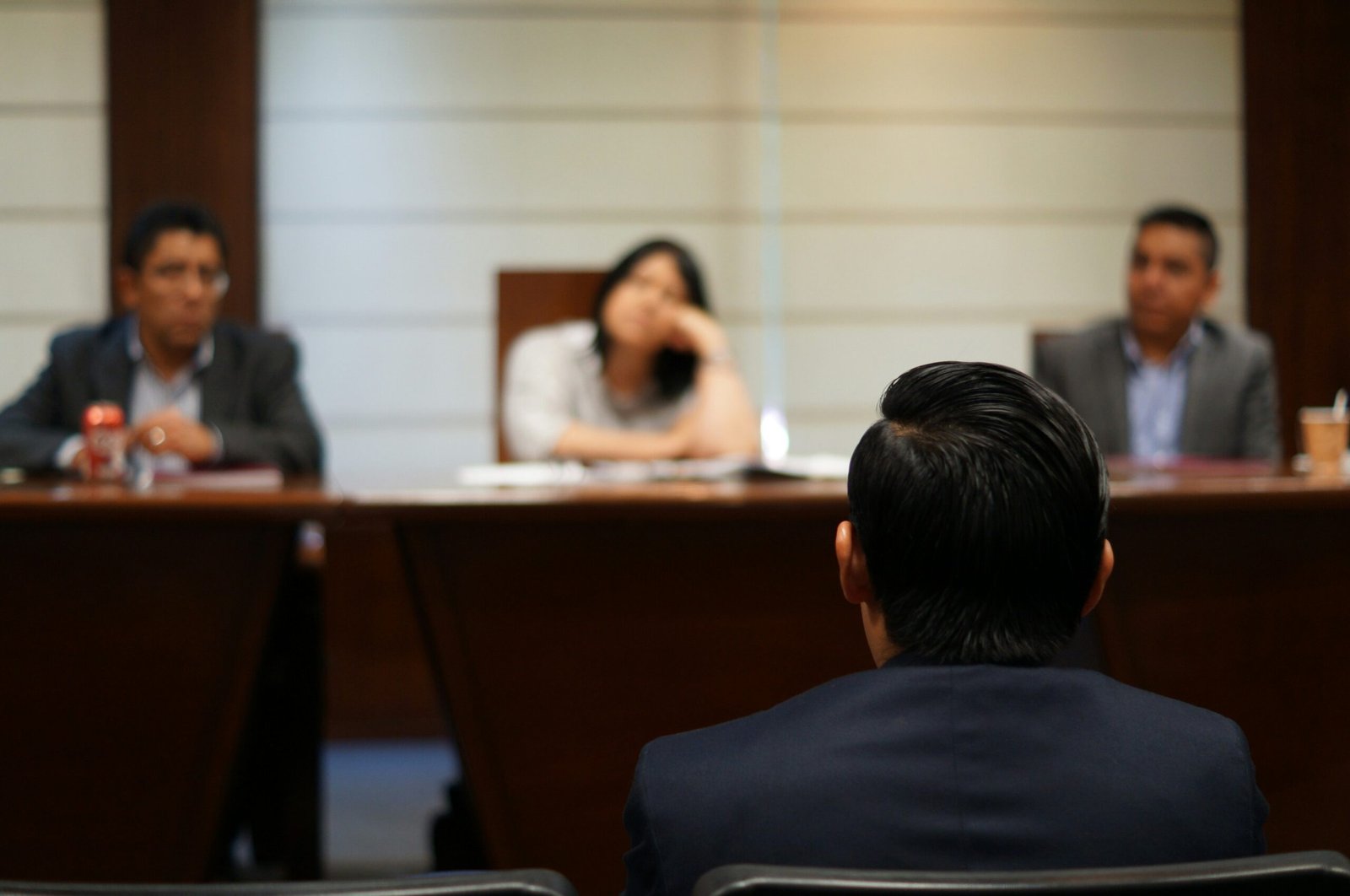
As the federal trial of Sean “Diddy” Combs unfolds under intense national scrutiny, an unexpected figure has taken center stage—not a witness or attorney, but Juror 25. His conduct in the jury room has ignited a heated debate over the integrity and fairness of the proceedings in one of the year’s most closely watched cases.

Juror 25: The Unlikely Focal Point
Juror 25, a 51-year-old Manhattan scientist with a Ph.D. in molecular biology and neuroscience, lives with his partner and is known for his love of opera and nature documentaries. During jury selection, he disclosed having seen video evidence related to the case, a detail that already set him apart from his peers.
Tensions in the Jury Room
Shortly after deliberations began, the jury sent a note to Judge Arun Subramanian expressing concern: Juror 25 “cannot follow your honor’s instructions.” This rare move immediately raised questions about whether the juror was struggling to grasp legal concepts or was simply challenging the group’s consensus. The judge, after careful consideration, instructed the panel to continue and report any further issues.
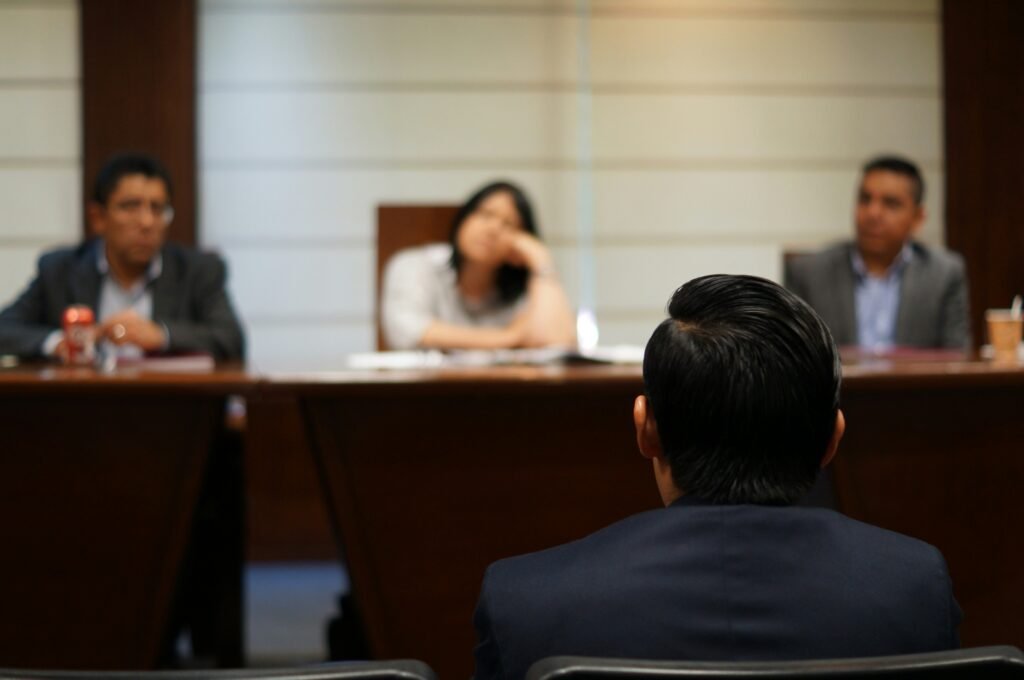
A Divided Jury—and Public
The situation has sparked a broader debate:
- Robust Deliberation or Disruption? Some argue that Juror 25’s insistence on thorough discussion is vital for justice, ensuring no detail is overlooked. Others worry that his approach could derail the process and threaten a fair verdict.
- Judicial Dilemma: The judge’s decision not to remove Juror 25 reflects the delicate balance between respecting juror independence and maintaining order.
- Media Spotlight: With every development dissected in real time, public opinion is sharply divided—some see Juror 25 as a conscientious holdout, others as an obstacle to justice.
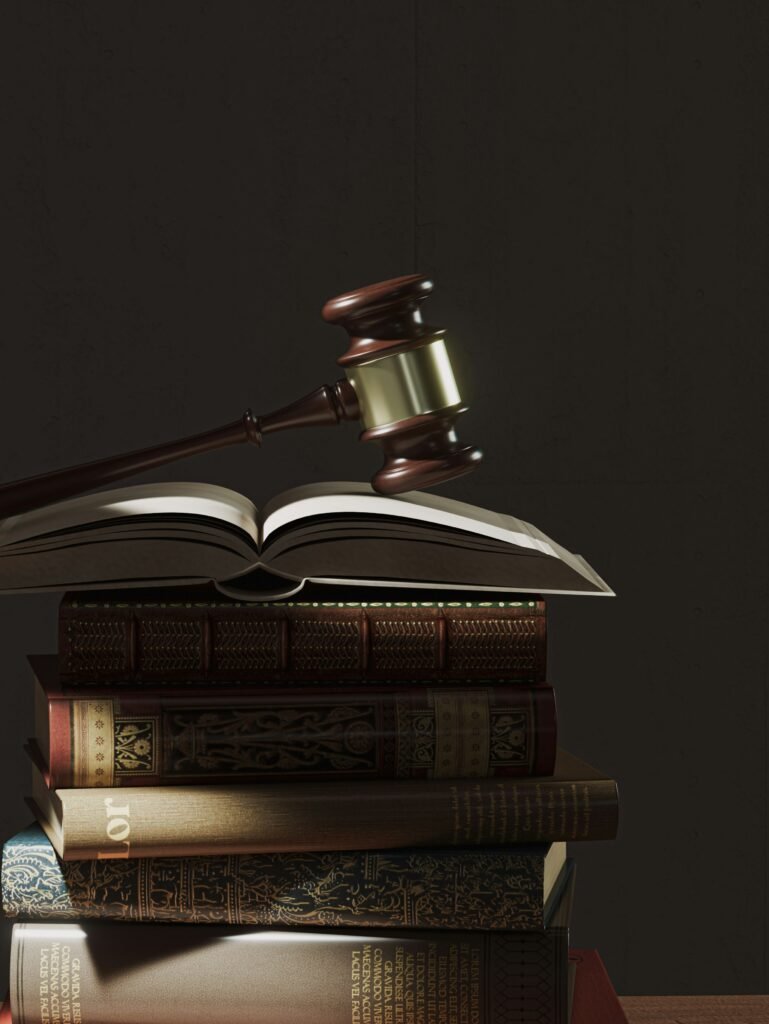
What’s at Stake
This controversy highlights the challenges of jury selection in high-profile cases and the pressures jurors face under the national spotlight. It also raises fundamental questions about what fairness means in the American justice system: Is it about consensus, or about ensuring every voice is heard—even if it complicates the path to a verdict?
Business
Trump Threatens to ‘Take a Look’ at Deporting Elon Musk Amid Explosive Feud
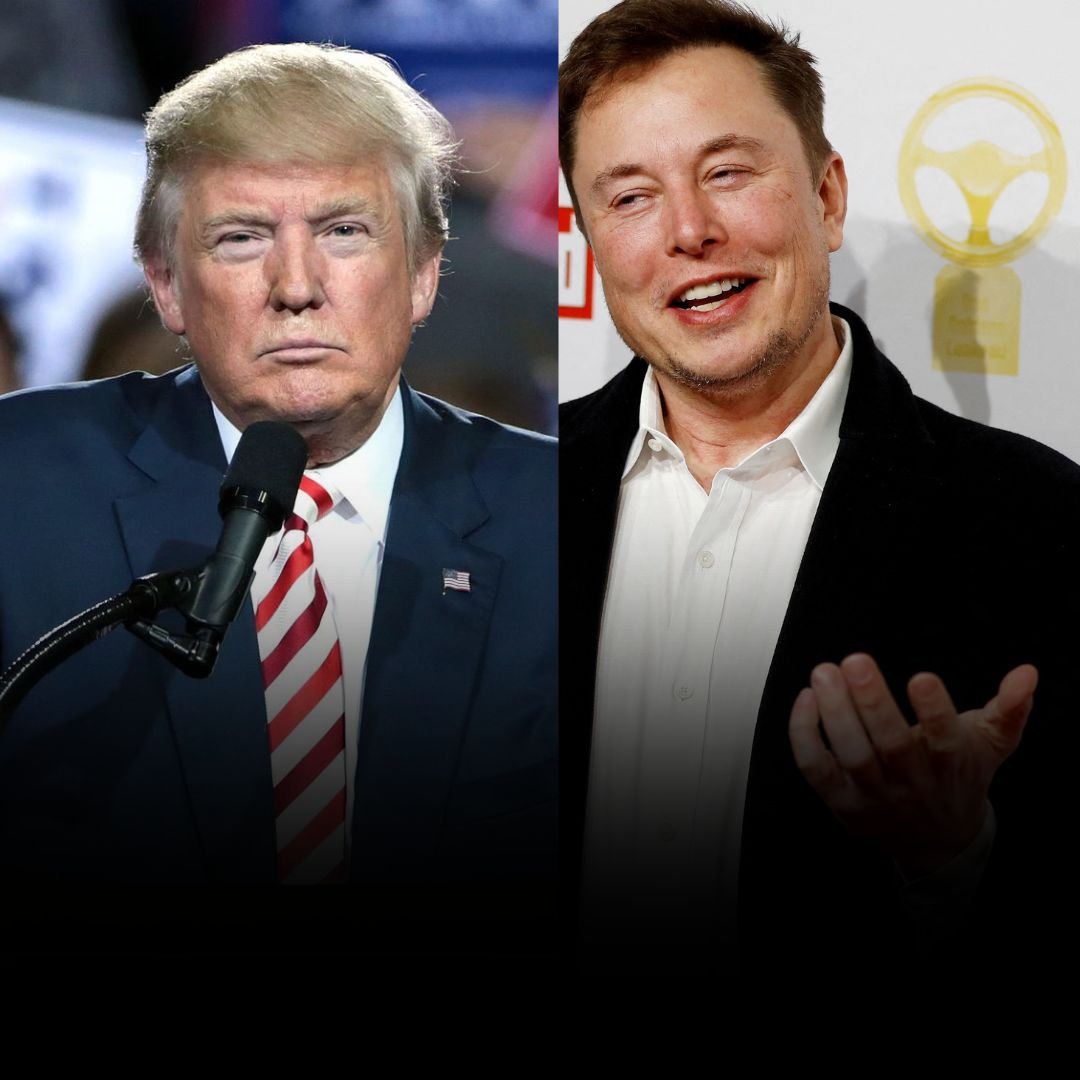
The escalating conflict between President Donald Trump and Elon Musk reached a new peak this week, as Trump publicly suggested he would consider deporting the billionaire entrepreneur in response to Musk’s fierce criticism of the president’s signature tax and spending bill.

“I don’t know, we’ll have to take a look,” Trump told reporters on Tuesday when asked directly if he would deport Musk, who was born in South Africa but has been a U.S. citizen since 2002.
This threat followed a late-night post on Trump’s Truth Social platform, where he accused Musk of being the largest recipient of government subsidies in U.S. history. Trump claimed that without these supports, Musk “would likely have to shut down operations and return to South Africa,” and that ending such subsidies would mean “no more rocket launches, satellites, or electric vehicle production, and our nation would save a FORTUNE”.
Trump also invoked the Department of Government Efficiency (DOGE)—a federal agency Musk previously led—as a potential tool to scrutinize Musk’s companies. “We might have to put DOGE on Elon. You know what DOGE is? The DOGE is the monster that might have to go back and eat Elon,” Trump remarked, further intensifying the feud.
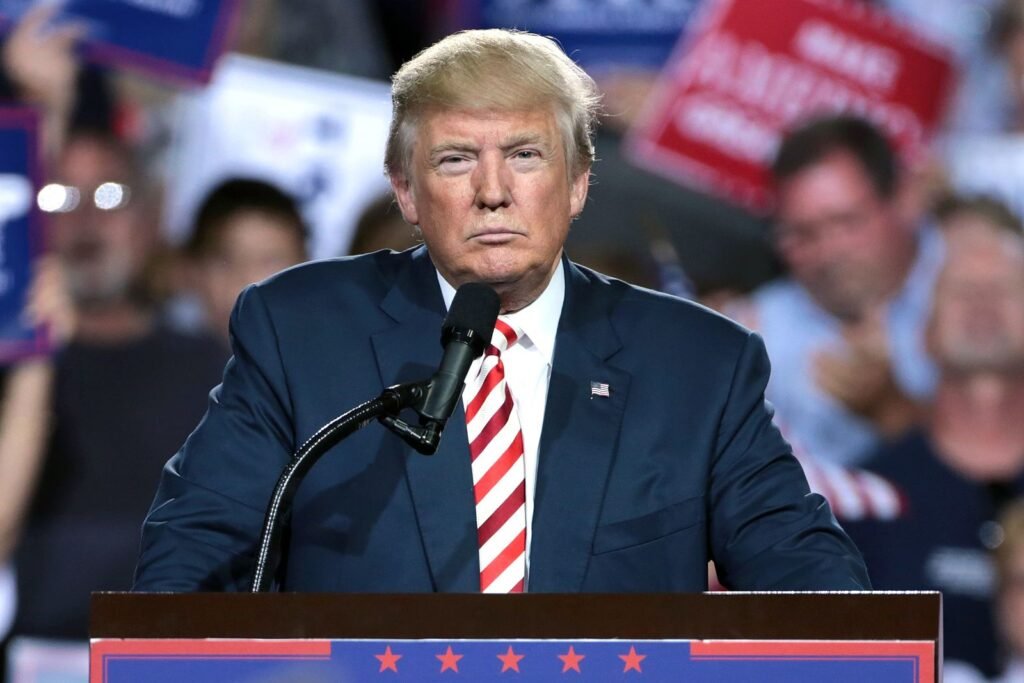
Background to the Feud
The rupture comes after Musk’s repeated attacks on Trump’s so-called “Big, Beautiful Bill,” a comprehensive spending and tax reform proposal that Musk has labeled a “disgusting abomination” and a threat to the nation’s fiscal health. Musk, once a Trump ally who contributed heavily to his election campaign and served as a government advisor, has called for the formation of a new political party, claiming the bill exposes the need for an alternative to the current two-party system.
In response, Trump’s allies have amplified questions about Musk’s citizenship and immigration history, with some suggesting an investigation into his naturalization process. However, legal experts note that deporting a naturalized U.S. citizen like Musk would be extremely difficult. The only path would involve denaturalization—a rare and complex legal process requiring proof of intentional fraud during the citizenship application, a standard typically reserved for the most egregious cases.
Political Fallout
Musk’s criticism has rattled some Republican lawmakers, who fear the feud could undermine their party’s unity ahead of the 2026 midterm elections. Meanwhile, Musk has doubled down on his opposition, warning he will support primary challengers against Republicans who back Trump’s bill.
Key Points:
- Trump has publicly threatened to “take a look” at deporting Elon Musk in retaliation for Musk’s opposition to his legislative agenda.
- Legal experts say actual deportation is highly unlikely due to the stringent requirements for denaturalizing a U.S. citizen.
- The feud marks a dramatic reversal from the pair’s earlier alliance, with both men now trading barbs over social media and in public statements.
As the dispute continues, it has become a flashpoint in the broader debate over government spending, corporate subsidies, and political loyalty at the highest levels of American power.
Health
McCullough Alleges Government Hid COVID Vaccine Side Effects

Dr. Peter McCullough, a prominent cardiologist and vocal critic of COVID-19 vaccine safety protocols, delivered explosive testimony before the U.S. Senate, alleging that federal officials intentionally concealed known side effects of mRNA COVID-19 vaccines, particularly myocarditis, to avoid fueling vaccine hesitancy. The hearing, held by the Senate’s Permanent Subcommittee on Investigations, focused on the government’s handling of adverse event data and the transparency of public health messaging.
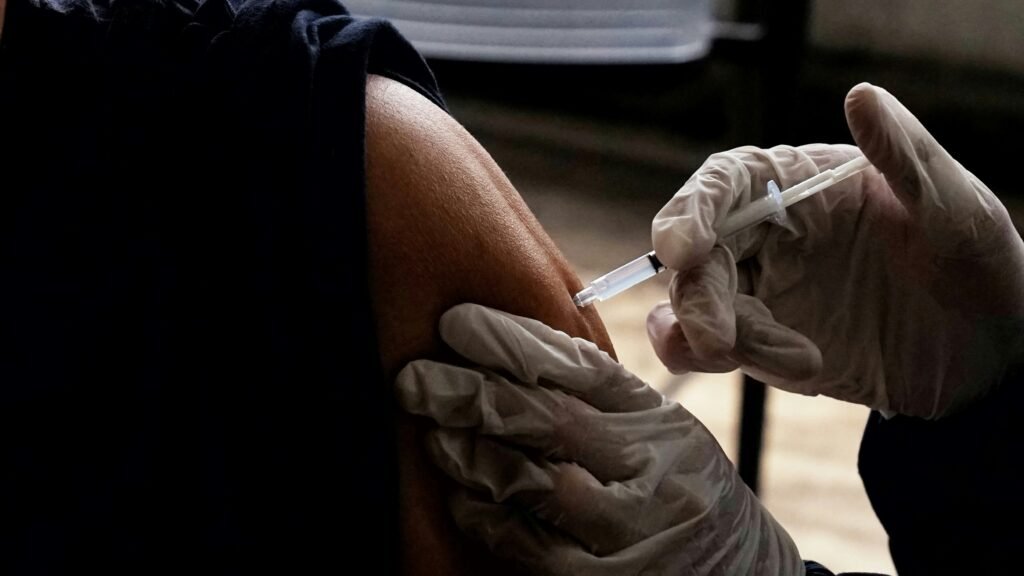
Allegations of Concealment and Downplaying Risks
Dr. McCullough and other expert witnesses argued that by early 2021, federal health agencies—including the CDC and FDA—were aware of a rising number of myocarditis cases, especially in young males, following mRNA vaccination. According to McCullough, rather than promptly issuing a Health Alert Network (HAN) message to inform medical professionals and the public, officials chose to minimize the risks in public communications and delayed formal warnings.
Senate documents and testimony indicated that the Biden administration’s primary concern was not the adverse events themselves, but the potential for increased vaccine hesitancy if these risks were widely publicized. Subpoenaed records showed that talking points distributed to top health officials in May 2021 described myocarditis and pericarditis as “rare” and emphasized the benefits of vaccination.
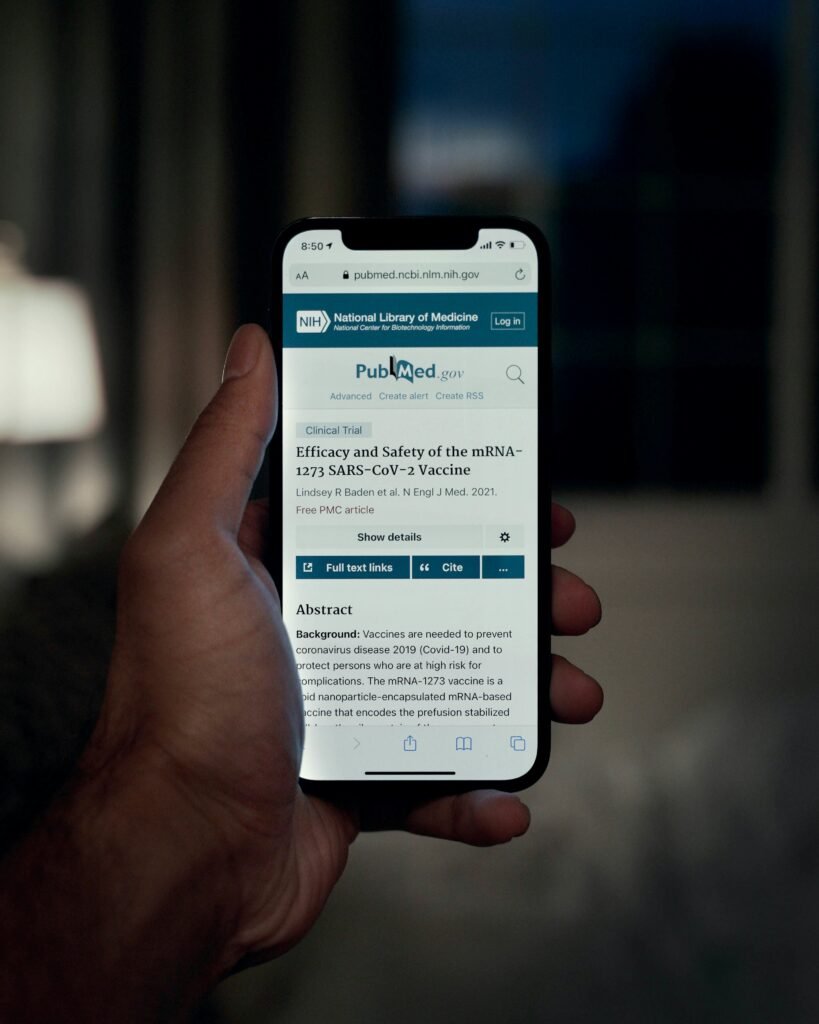
Expert Testimony and Public Reaction
Dr. McCullough cited autopsy data and peer-reviewed literature to support his claims, stating that a significant proportion of post-vaccine deaths could be linked to the mRNA vaccines—a point that has ignited debate within the medical community due to conflicting interpretations of the data. Other witnesses, such as Dr. Jordan Vaughn, reinforced concerns about the lack of timely alerts to physicians, arguing that earlier warnings could have improved patient outcomes and informed consent.
Disputed Evidence and Context
Some lawmakers and public health advocates cautioned against interpreting the delayed warnings as evidence of a deliberate cover-up. They noted that internal emails and communications showed CDC officials reminding providers to report myocarditis cases and discussing how best to communicate evolving risks. Critics of the concealment narrative argue that these actions reflect the complexities of decision-making during a public health emergency rather than intentional suppression of information.

Current Agency Position
In response to mounting scrutiny, the FDA has expanded warning labels for mRNA COVID-19 vaccines to include more detailed information about the risk of myocarditis, particularly among young males. The CDC maintains that these cases remain rare and typically resolve quickly, and continues to emphasize the overall safety and efficacy of the vaccines.
Summary Table: Key Points from Senate HearingAllegation/Testimony Supporting Details Official Response Government hid vaccine side effects Delayed HAN alert, internal talking points downplaying myocarditis Agencies say risk was rare, warnings now updated Myocarditis risk known early, not disclosed Subpoenaed records, expert testimony CDC/FDA cite evolving evidence, communications to providers5 Public health prioritized hesitancy over transparency Senate report, witness statements Agencies highlight need for careful messaging
The Senate hearing has intensified calls for greater transparency and accountability in vaccine safety monitoring, while also fueling ongoing debate over the interpretation and communication of vaccine risk data.

 Advice1 week ago
Advice1 week agoWhat SXSW 2025 Filmmakers Want Every New Director to Know

 Film Industry2 weeks ago
Film Industry2 weeks agoFilming Yourself and Look Cinematic

 Politics3 weeks ago
Politics3 weeks agoBolanle Newsroom Brief: Israel Strikes Iran’s Nuclear Sites — What It Means for the World

 News5 days ago
News5 days agoFather Leaps Overboard to Save Daughter on Disney Dream Cruise

 Advice1 week ago
Advice1 week agoWhy 20% of Us Are Always Late

 Health4 days ago
Health4 days agoMcCullough Alleges Government Hid COVID Vaccine Side Effects

 Entertainment3 weeks ago
Entertainment3 weeks agoThe Hidden Reality Behind Victoria’s Secret

 Advice1 week ago
Advice1 week agoHow to Find Your Voice as a Filmmaker















